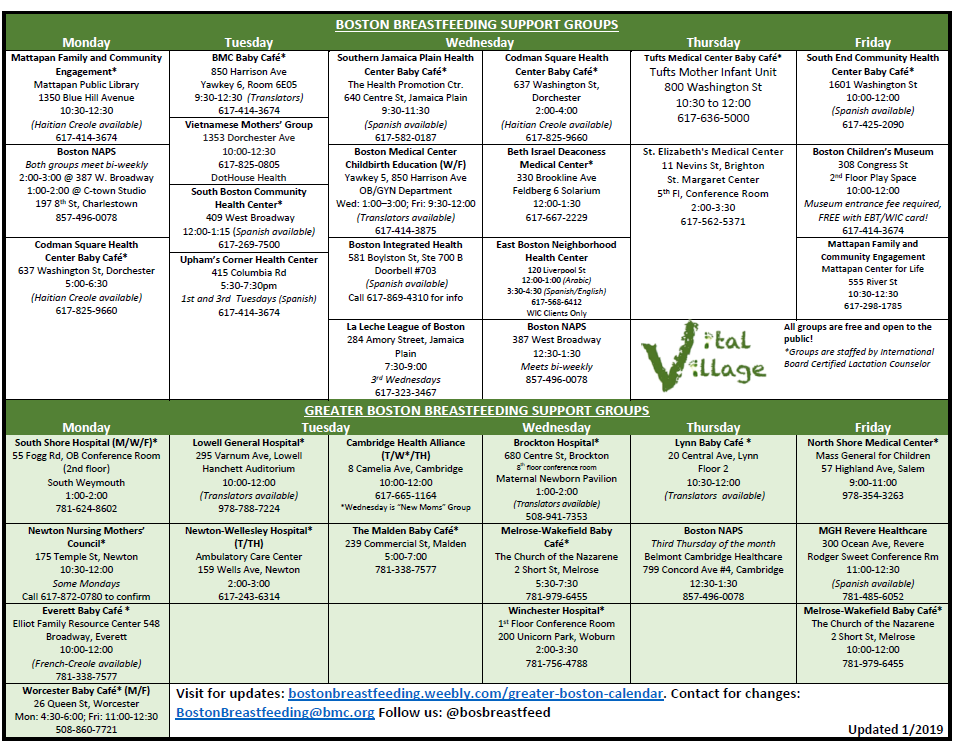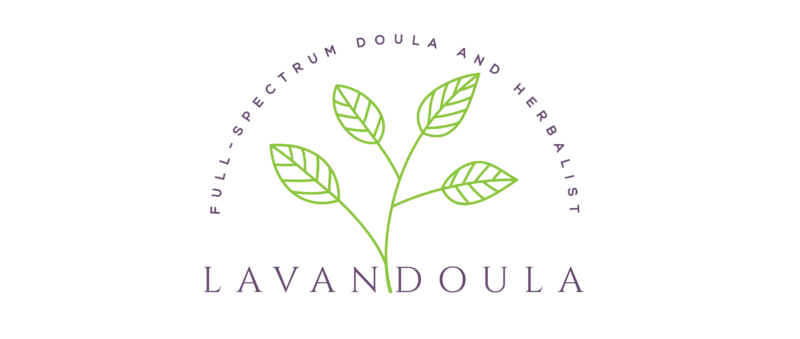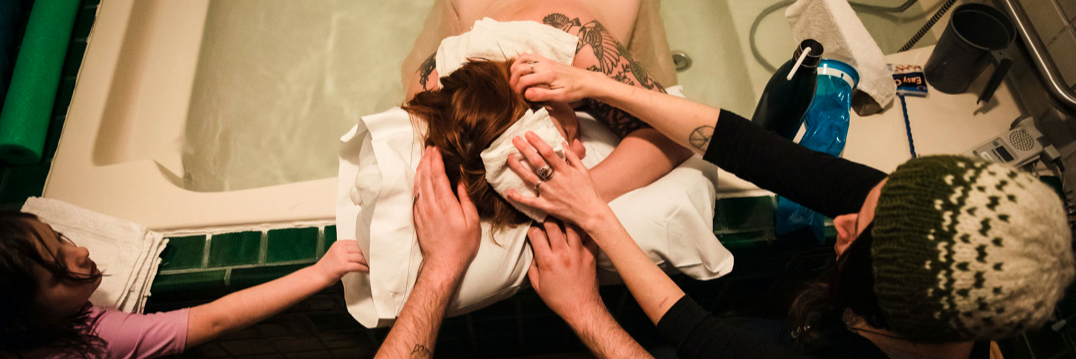Postpartum and Lactation Support
Postpartum Progress and Postpartum Support International promote awareness, prevention and treatment of mental health issues related to childbearing in every country worldwide. They also have a Perinatal Mental Health Alliance for Women of Color
Rachel Hess is an experienced and LGBTQ-friendly postpartum doula who also hosts parenting groups around Jamaica Plain.
Sophie Davis is a dear friend and postpartum doula, serving areas surrounding Newton.
The Every Mother Project provides training & support to birth, postpartum, lactation, and women’s health professionals who work with women and families in the childbearing year in order to reduce barriers that women with perinatal emotional complications face when accessing care.
Jewish Family and Children’s Services Center for Early Relationship Support provides a multitude of free support for young families in the Boston area. You do not have to be Jewish to utilize their services. They have support groups, therapy, and experienced moms who visit new ones to help you get the hang of feeding and caring for your little ones.
One of my doula mentors, Maria Dolorico, started A Mom is Born as a doula business, and has branched out into life coaching, lactation consulting, and holding groups for new parents in downtown Boston. She also offers a free online support course for families on how to plan for the postpartum period.
Zip Milk is a search engine for lactation consultants (LCs) in your area by zip code.
LC Home Visits contains a list of Boston-area international board certified lactation consultants (IBCLCs). In Massachusetts, it is required for insurance to cover lactation support.
BFAR is a resource for folks who want to breastfeed but have had breast/chest or nipple surgery in the past. Whether someone has had a diagnostic surgery, implants or a reduction, this website contains information about increasing the best chances for a healthy milk supply.
Milk Junkies is the website of trans dad, Trevor MacDonald. Once famous for being barred from La Leche League meetings, he now leads them locally in Canada and continues to blog about queer parenthood.
A mini study (22 participants) on transmasculine folks, chestfeeding and gender identity.
Boston-area breastfeeding support groups:

Herbs for Pregnancy and Birth Workers
Herbs for Pregnancy and Birthworkers
Wednesday, September 16 2015, 7-9pm. $20 (or a donation to the Boston Doula Project)
At the CommonWealth Center for Holistic Herbalism in Brookline, MA
Are you pregnant, or hoping to be, and wondering how to safely and effectively use herbal remedies? Do you work around pregnancy and wish you knew what types of alternatives are good to suggest? Many folks approach midwives, lactation consultants, and doulas for insight on pregnancy and postpartum support herbs. This class, taught by a professional birth doula and herbalist, will help clarify some myths about herbs in pregnancy. (Wait–did Baby Center really just say nettle could cause a miscarriage?) We’ll cover the basics from nourishing uterine tonics and postpartum sitz baths to self-care herbs for birthworkers.
To register, check out the CommonWealth Center website.
As I prepare for my class for Pregnancy and Birth Workers tonight at the CommonWealth Center for Holistic Herbalism, I am looking at my list of materia medica. Some herbs I hope to go over tonight have been previously mentioned in this post. Others, I hope to add to the list as time goes on.
Calendula (Calendula officinalis) – this soothing, lymphatic support herb is great when added to a postpartum sitz bath. I love to use calendula oil on backed-up lymph (like in my neck/behind my ears when I’m getting a cold), or to sooth my belly when I’m feeling bloated.
Goat’s Rue (Galega officinalis) – has been used to support milk production since dairy farmers noticed their goats increased output from eating this common meadow weed. A great breastfeeding herb, and contains chromium, which is a trace mineral helpful for glucose metabolism and curbing sugar cravings!
Marshmallow (Althea officinalis) – a moistening and soothing plant. Cold brew of the root is how you get the most mucilage (nourishing long-chain polysaccharides). I always add a pinch to long-steep lactation tea.
Moringa (Moringa oleifera) – a plant not-at-all native to New England, but often used by nursing mothers in the product “GoLacta”. My opinion is that almost any herb taken in a tea form will be more effective (as many have milk supply issues from simply being dehydrated). Morninga is much cheaper in loose-leaf tea than in the marketed capsules, also.
Milk Thistle (Silybum marianum) – a gentle, trustworthy liver-support herb. Often seen in “mother’s milk” tea blends, but the best way to take the herb is in capsules of the ground up seed. Historically used for nursing support, my theory is this plant supports lactation by helping the liver process the hormonal dump of postpartum reality (cortisol, anyone?)
Plantain (Plantago officinalis) – an edible local weed. Used to soothe bee stings and rashes, support kidneys and heal guts. I always add a little to my postpartum sitz baths.

